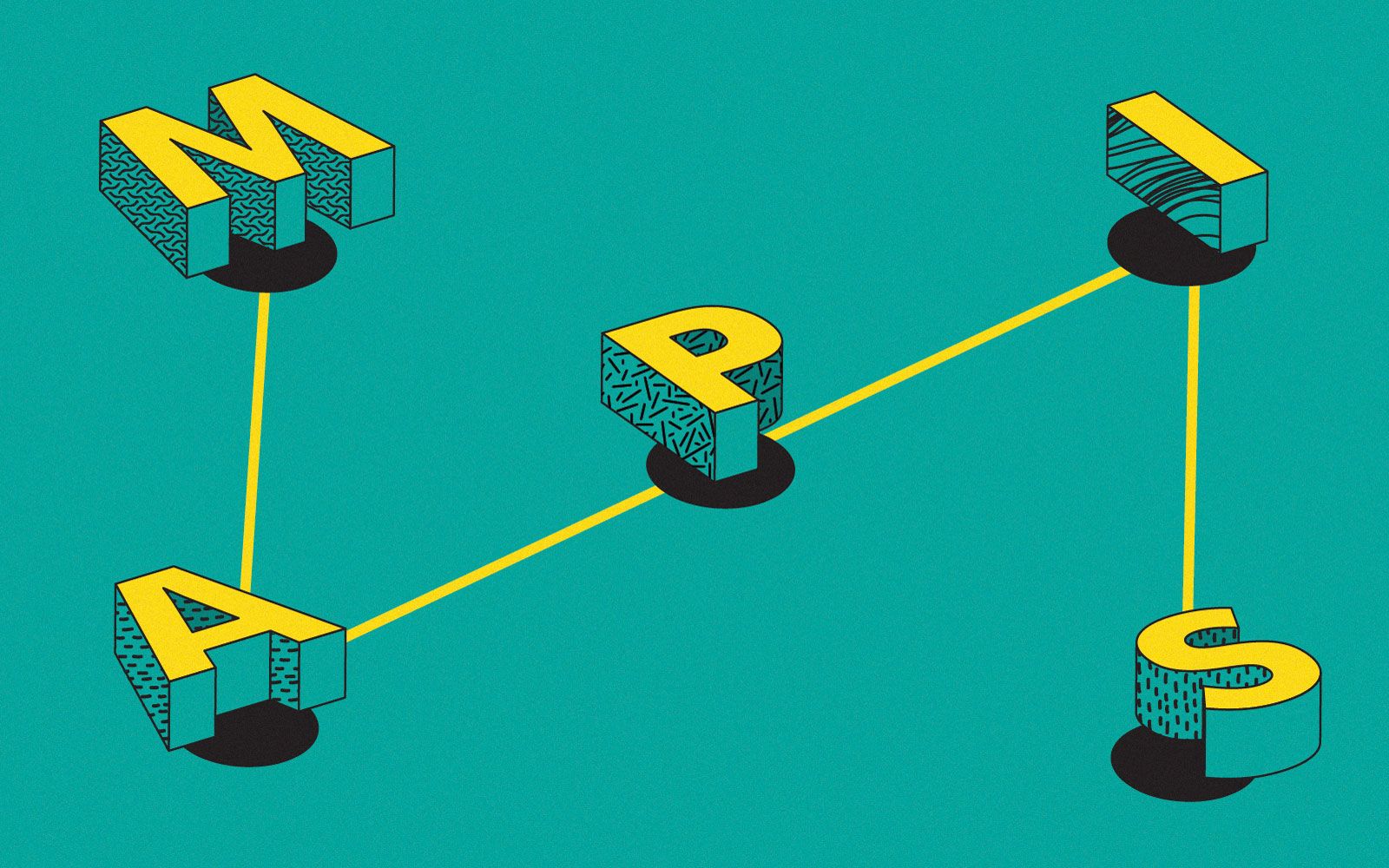New study presents the first map of research in the PALOPs

Entitled “MAPIS – Mapping of Health Sciences Research and Funding in Angola, Cape Verde, Guinea Bissau, Mozambique and Sao Tome and Principe”, the study, commissioned by the Calouste Gulbenkian Foundation and undertaken by Tiago Santos Pereira and Hugo Confraria, presents the research activities ongoing in the PALOPs – African Countries with Portuguese as their Official Language (Angola, Cape Verde, Guinea Bissau, Mozambique and Sao Tome and Principe) through identifying the scientific publications in the health sciences field published in generally recognised international journals (indexed in the Web of Science), between 2008 and 2020 developed by researchers located in these countries.
In presenting the first mapping of activities carried out by the medical and research community focused on these five countries, the study seeks to strengthen the visibility of these initiatives and the existing research capabilities, highlighting their contribution to social and economic progress; identifying the key financiers and scientific leaders in this field; and as well as casting a closer look at the future perspectives for research support in the PALOPs.
Among the conclusions reached, the authors verify there was “a significant increase in the production of health sciences research in these countries, especially over the last decade”, with Mozambique standing out as regards the production of research.
Furthermore, the results also show how a large proportion of health sciences research takes place in association with hospitals, in articulation with the clinical sector and taking into consideration the health needs of local populations, which reflects in the themes approached by researchers in the different PALOPs. “In Mozambique, the relevance of diseases such as HIV and malaria reflect in the topics most commonly addressed in local research, while in Angola and in Guinea Bissau, there are other topics on the research agenda, such as those related to parasitosis (in Angola) and measles (in Guinea Bissau)”, as the report details.
Finally, the study concludes that health science researchers in the PALOPs draw on vast international networks in which countries such as the United States and Denmark play leading roles as partners and financiers, especially in Mozambique and Guinea Bissau. In parallel, the authors highlight the continuing scarcity of internal collaborations among the different countries that share the Portuguese language.
Maria Hermínia Cabral, director of the Gulbenkian Partnerships for Development Program, expressed hope “that this study represents the departure point for a deeper debate that allows for the exploration of synergies and defining a strategy capable of leveraging health research in the PALOPs bringing about a reduction in the gap on the African continent”.
“The Foundation has invested in supporting the local leadership of research projects by scientists from these countries and wanted, in mapping this information, to provide an update on the situation and move onto deducing from the evidence”, the director explained. “After this mapping, we are able to grasp some of the motives for which the majority of these countries are distant from the international circuits and thus become more focused and efficient.”
On 27 September, the “Mapping Health Sciences Research in the PALOPs (MAPIS): A study of the scientific production networks and their financing between 2008 and 2020” seminar shall present the results of the study and, through two panels of guest experts from different areas and institutions, jointly reflect on the future challenges and the relevance of the health sciences research financing process across the national and international levels.
Read Study